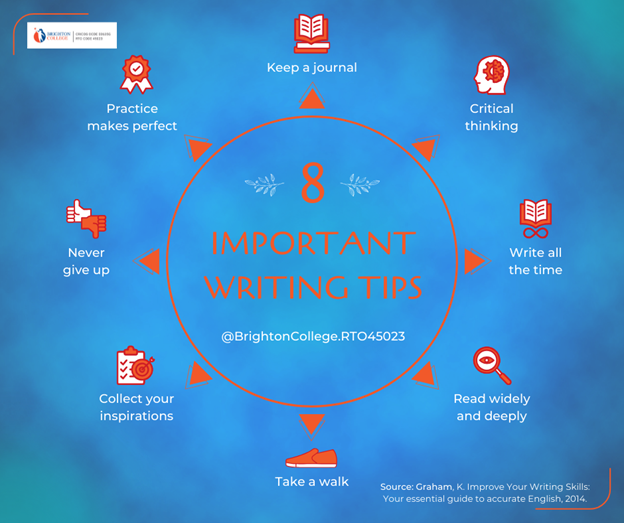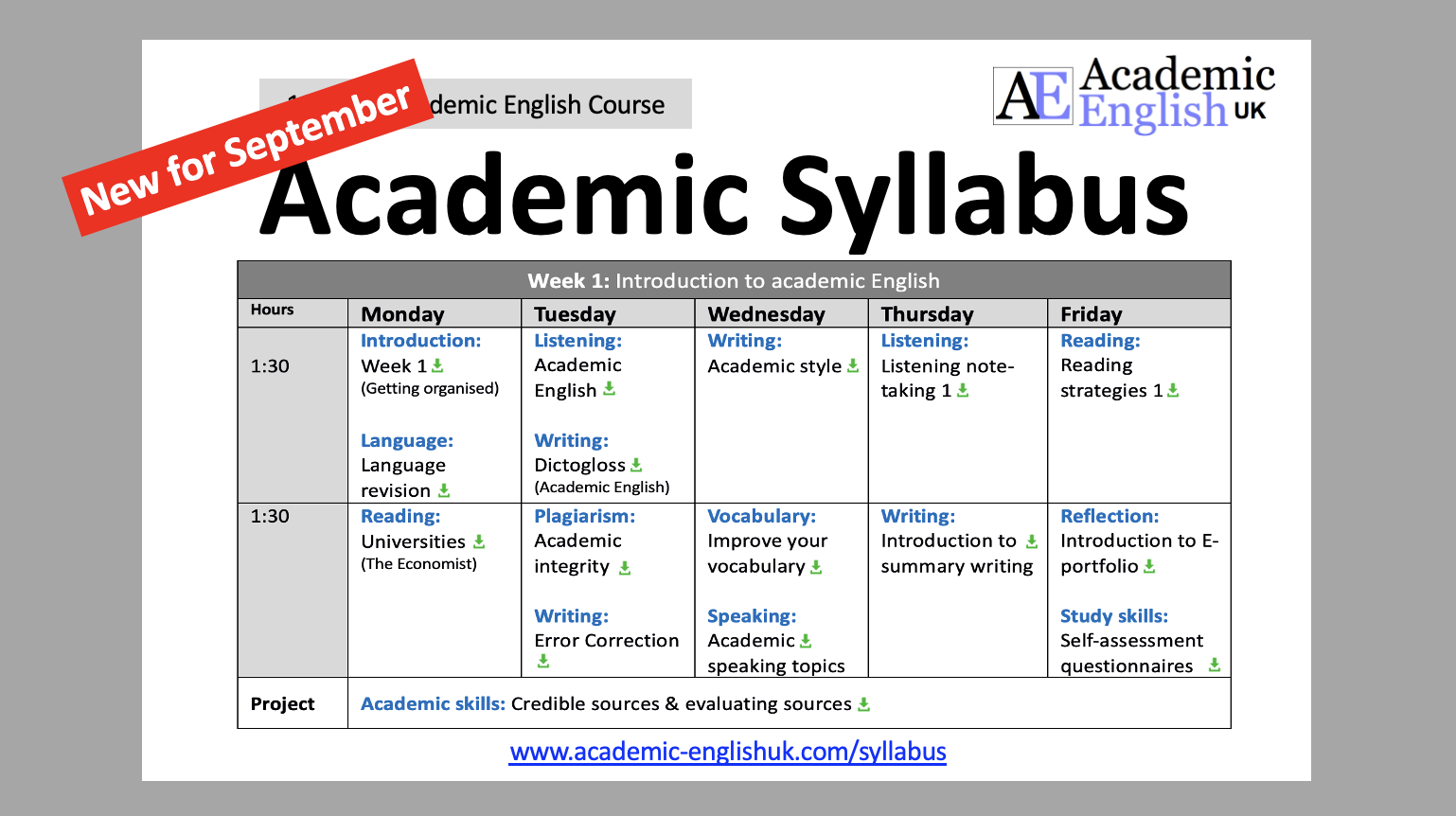Mastering Academic English Skills: A Comprehensive Guide
Whether you’re planning to study abroad or pursue a career in academia, mastering academic English skills is essential for success. Academic English is different from everyday English, requiring a specialized set of skills to communicate effectively in scholarly settings. In this article, we will cover the key components of academic English, tips for improvement, and the importance of these skills in the academic world.

What Are Academic English Skills?
Academic English skills refer to the abilities needed to understand, produce, and communicate ideas in English within the context of academic settings. These skills encompass various aspects of language use, including writing, reading, listening, and speaking. Academic English often uses formal, structured language and requires a high level of proficiency in grammar, vocabulary, and comprehension.
Unlike conversational English, academic writing and communication are more formal, precise, and focused on the subject matter. Therefore, mastering academic English helps students and professionals perform well in tasks like writing research papers, giving presentations, or participating in debates.
Key Components of Academic English Skills
To become proficient in academic English, you need to focus on several key areas. Below, we highlight the most important components that will help you excel in academic environments:
1. Academic Writing Skills
Writing is perhaps the most significant component of academic English. Whether you are drafting an essay, research paper, or thesis, strong academic writing skills are essential for communicating your ideas clearly and effectively.
Academic writing requires you to use:
-
Formal language: Avoid slang or casual expressions.
-
Clear structure: Academic writing follows a standard format, with clear introductions, body paragraphs, and conclusions.
-
Evidence-based arguments: Your writing should be based on research, supported by references, citations, and data.
When improving your academic writing skills, focus on developing your ability to organize ideas logically and express them in clear, concise sentences. Practice writing different academic papers and learn how to use appropriate sources and citations.
2. Academic Reading Skills
Being able to understand and analyze academic texts is crucial for any student or professional. Academic reading often involves more complex materials, such as research articles, journals, and textbooks.
Key elements to develop include:
-
Skimming and scanning: Quickly identifying key points and sections.
-
Critical reading: Analyzing and evaluating the arguments presented.
-
Understanding specialized vocabulary: Academic texts often contain technical terms or jargon that require additional focus.
To improve your academic reading skills, practice reading scholarly articles in your field and highlight key points, arguments, and evidence. You can also try reading academic papers aloud to better grasp the content.
3. Listening Skills
Listening is a vital academic skill, especially in university lectures, seminars, and discussions. Good listening skills will help you follow lectures, take notes effectively, and participate in academic discussions.
To improve your academic listening skills:
-
Practice listening to lectures and podcasts related to your field.
-
Take notes while listening, focusing on key ideas and supporting details.
-
Listen to academic debates or presentations to understand different viewpoints and arguments.
4. Speaking Skills
Speaking effectively in an academic setting requires more than just being fluent in English. Academic speaking involves presenting ideas, engaging in discussions, and defending your position clearly and concisely.
Important speaking skills include:
-
Clarity and structure: Speaking in a logical order, with clear transitions between points.
-
Formal tone: Using academic vocabulary and avoiding informal expressions.
-
Engagement: Actively participating in discussions and responding to questions or challenges.
To improve your speaking skills, consider joining a public speaking group or participating in academic debates. Practice presenting your research or discussing topics in your field with peers.

Why Are Academic English Skills Important?
Having strong academic English skills is vital for success in educational settings. Here are some of the key reasons why academic English is important:
1. Success in Academic Programs
Most academic programs, especially those at the university level, require a high level of English proficiency. Without strong academic English skills, students may struggle to understand course materials, write assignments, or perform well on exams. Mastering academic English is essential to succeed in these areas.
2. Effective Communication of Ideas
Academic English is the language of research and scholarship. The ability to communicate your ideas, findings, and arguments clearly is critical for academic success. Whether you are writing an essay or presenting at a conference, academic English helps you articulate complex ideas and engage with others in the academic community.
3. Access to Global Opportunities
English is the primary language of academia in many parts of the world. Having strong academic English skills opens doors to study and work opportunities in English-speaking countries like the USA, UK, Canada, and Australia. It also allows you to participate in international conferences, publish research papers, and collaborate with scholars globally.
4. Improved Career Prospects
Proficiency in academic English is highly valued by employers, especially those in industries related to research, education, and technology. Good communication skills are essential in these fields, and being able to write reports, give presentations, and contribute to discussions in academic settings will set you apart in the job market.
Tips for Improving Your Academic English Skills
Improving your academic English skills takes time and consistent practice. Here are some helpful tips to get started:
1. Read Academic Journals and Articles
Reading scholarly articles and journals is an excellent way to improve your academic vocabulary and familiarize yourself with the tone and structure of academic writing. Make it a habit to read articles in your area of study and pay attention to how arguments are presented, how evidence is cited, and the overall structure of the text.
2. Write Regularly
The more you write in an academic context, the better you will become at it. Practice writing essays, research papers, or reports on a regular basis. Make sure to seek feedback from peers or instructors to improve your writing.
3. Expand Your Vocabulary
A wide vocabulary is essential for academic success. Focus on learning formal language and academic terminology. You can use vocabulary lists from academic sources or tools like Anki for regular vocabulary practice.
4. Join Discussions and Debates
Engage in academic discussions and debates to practice your speaking and listening skills. Join study groups or discussion forums where you can practice explaining your ideas and responding to others in a formal setting.
5. Take an Academic English Course
Enrolling in an academic English course can be a great way to improve your skills. These courses are specifically designed to help students develop the necessary language skills for success in academic settings.

Common Challenges in Academic English
While improving your academic English skills, you may encounter some challenges. Below are a few common difficulties and tips for overcoming them:
1. Complex Sentence Structures
Academic writing often involves complex sentence structures, which can be difficult to master. To overcome this, focus on practicing writing sentences with varying structures and pay attention to punctuation and connectors.
2. Understanding Dense Academic Texts
Scholarly texts can be dense and hard to understand. To improve comprehension, break down paragraphs into smaller sections and summarize key ideas in your own words. Taking notes while reading also helps reinforce understanding.
3. Time Management
Improving academic English skills requires consistent practice. Set aside dedicated time each day for reading, writing, or speaking exercises. Regular practice is key to improving over time.
FAQs
1. How long does it take to improve academic English skills?
The time it takes to improve your academic English depends on your starting level and how much time you dedicate to practice. With consistent effort, noticeable improvements can often be seen in a few months.
2. Can I take an academic English course online?
Yes, many institutions offer online academic English courses that you can take from anywhere. These courses are great for flexible learning and can help you focus on specific areas where you need improvement.
3. Is it possible to improve academic English without taking a course?
While taking a course can be helpful, you can also improve your skills independently. Regular reading, writing, and speaking practice will help you gradually build your academic English proficiency.
Conclusion
Mastering academic English skills is essential for anyone looking to succeed in an academic environment. By focusing on key areas like writing, reading, listening, and speaking, and committing to consistent practice, you will be well on your way to achieving academic success. Whether you’re writing a research paper or giving a presentation, strong academic English skills will allow you to communicate your ideas effectively and stand out in the academic world.










